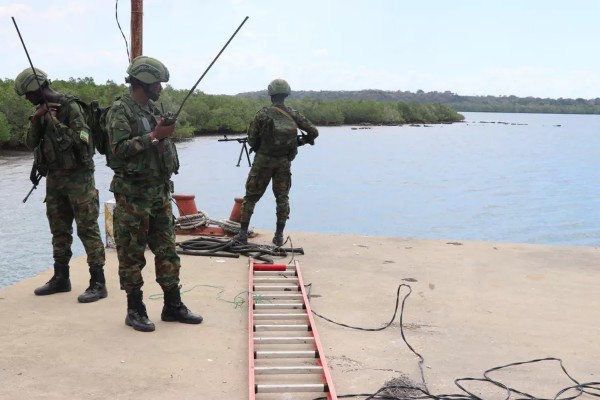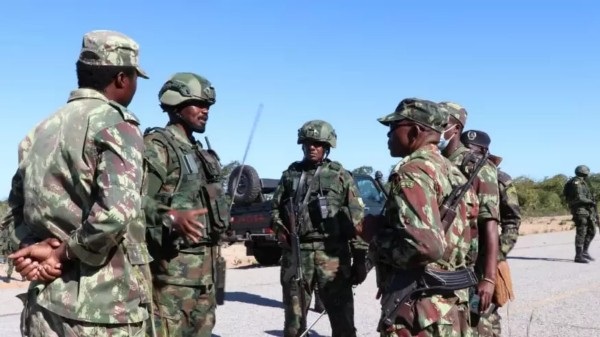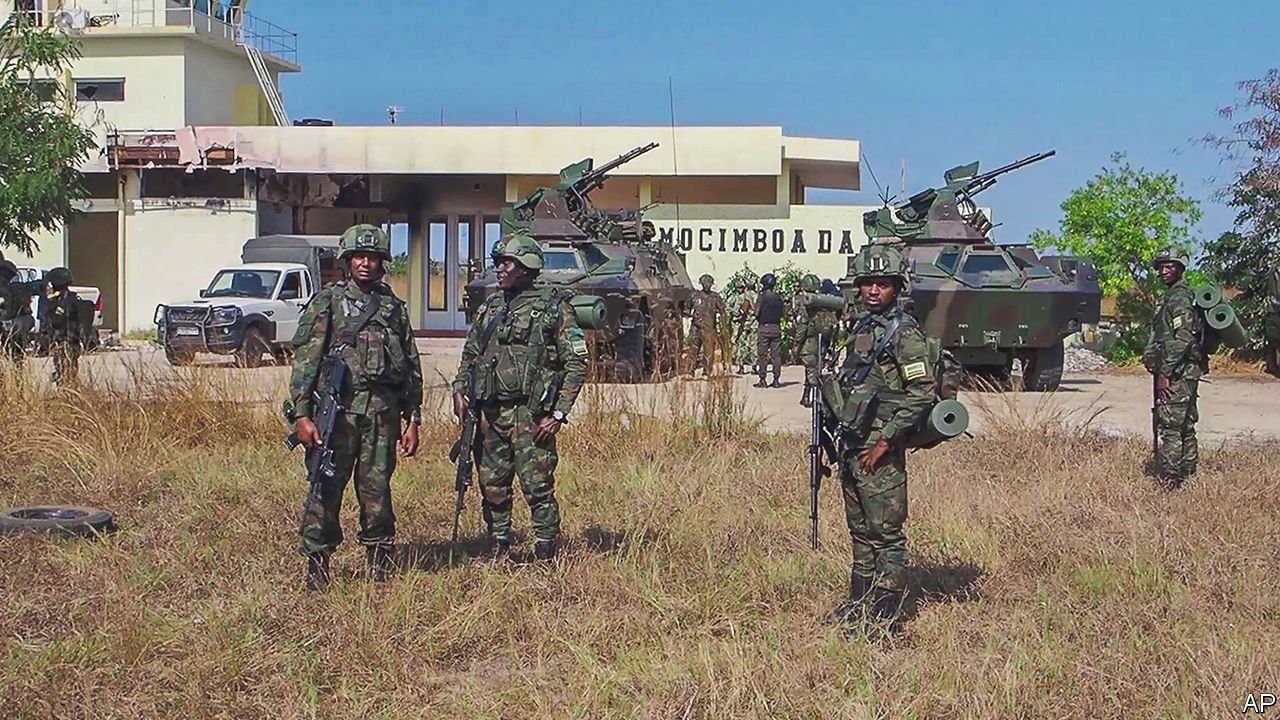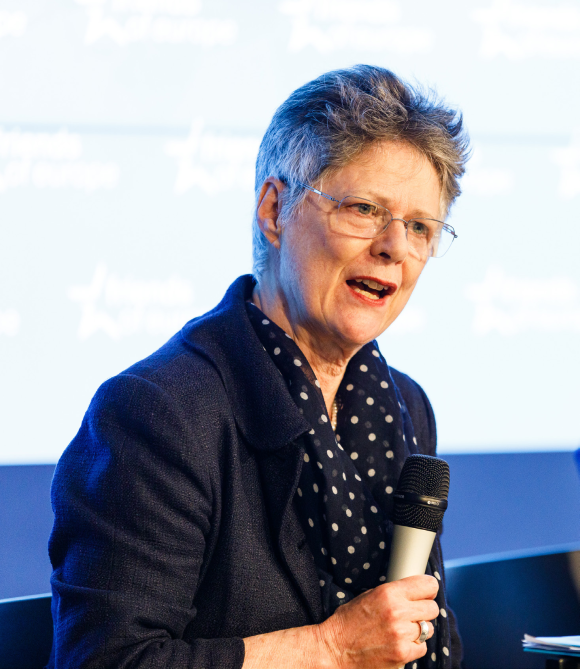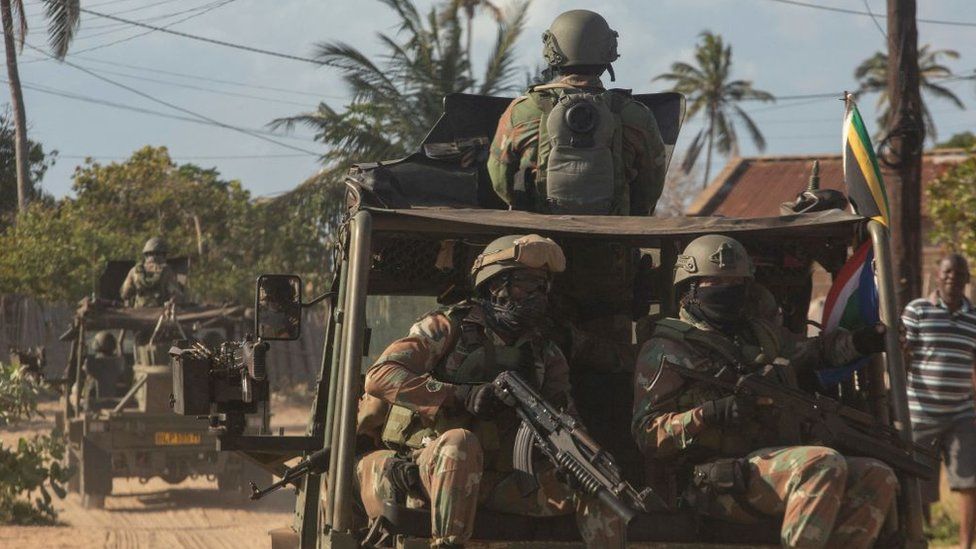International
Of double standards and two US based terrorist groups
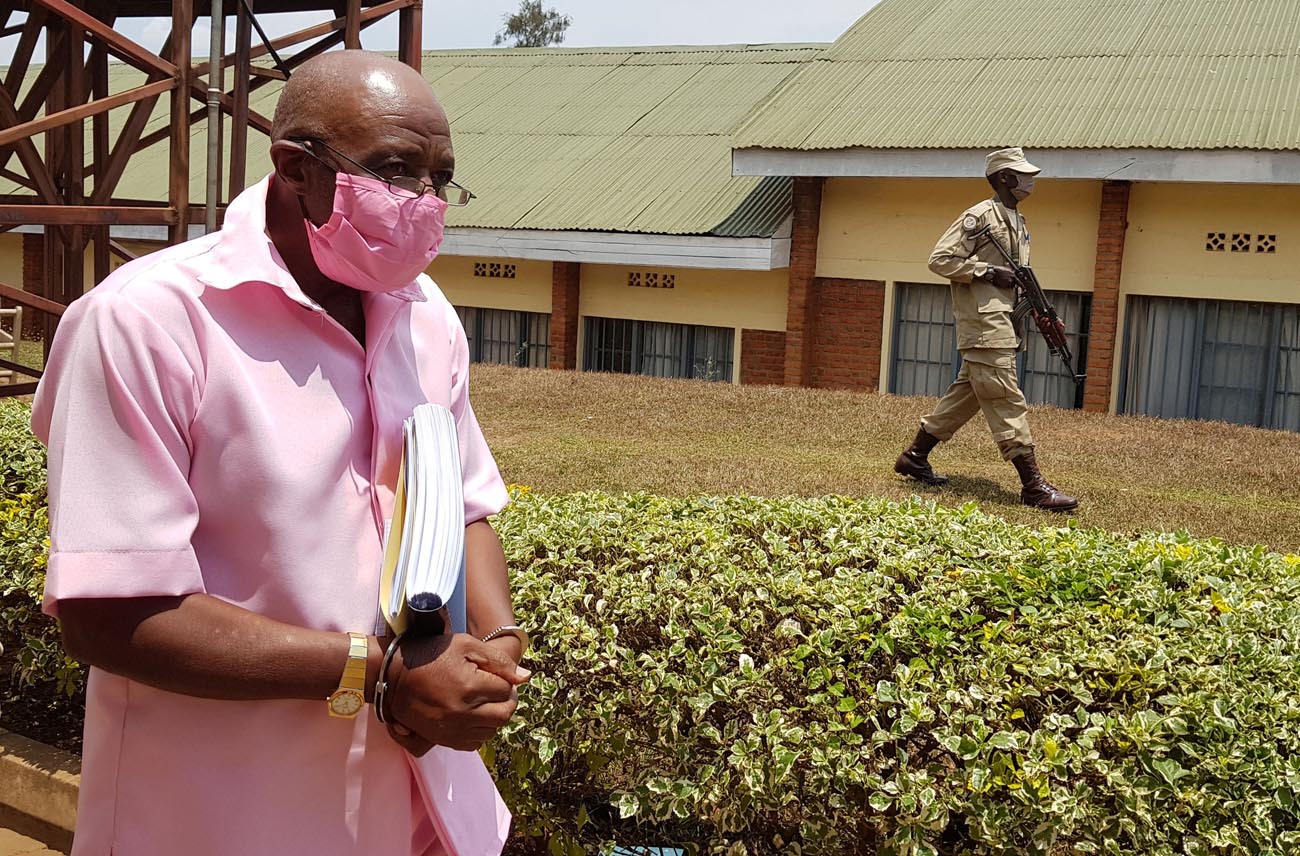
In
2001, the U.S. government designated the Holy Land Foundation for Relief and
Development (HLF), the largest Muslim charity in the country, as a Specially
Designated Global Terrorist (SDGT) and froze their assets. After its
unsuccessful challenge to its designation in a federal court, the government
indicted HLF and seven individuals associated with it, charging them with
conspiracy to provide material support to a foreign terrorist organization, Hamas.
The
word terrorism means the unlawful use of violence and intimidation, especially
against civilians, in the pursuit of political aims. That is exactly what the
terror group, Front de Libération Nationale (FLN), the armed wing of MRCD
under Paul Rusesabagina did when they carried out attacks on civilians between
2018 and 2019 where 14 civilians lost their lives and lots of properties were destroyed.
As
the HLF charity siphoned money to support terrorism, it told supporters that it
sought to “implement practical solutions for human suffering through
humanitarian programs that impact the lives of the disadvantaged, disinherited,
and displaced peoples suffering from man-made and natural disasters.” Many in
the academic, activist, even diplomatic communities believed them. The charity
preyed on the gullible, but the evidence presented was overwhelming.
Like
Holy Land Foundation, Hotel Rwanda Rusesabagina Foundation (HRRF) spent more than 15 years fundraising millions of dollars
saying that HRRF is engaged in helping the victims of Genocide in Rwanda and
people believed Rusesabagina. However, the key witnesses who worked with
Rusesabagina explained to the court how funds raised were used in supporting terror movements
including the FDLR (Forces Démocratiques de Libération du Rwanda) and FLN.
The key
witness who worked with Rusesabagina, include Dr Michelle Martin, PhD, an
associate Professor at the California State University, who told the court in a
four-hour testimony on March 24, the
details of Rusesabagina's involvement with terrorism activities and plans to destabilize
Rwanda. Her 70-page written testimony contained incriminating evidence
including copies of emails and screenshots of text conversations.
Dr
Michelle Martin, who once worked as a volunteer at HRRF, said that Rusesabagina
conned the American benefactors to his foundation that he was fundraising for a
good cause, but ended up using the money in subversive activities aimed at removing
the Rwandan government by force of arms.
“Within
a few months of working with the foundation, both my student interns and I had
come to believe, based on our observation that the foundation did not operate
as a humanitarian organization,” said Dr Michelle. All the time they worked
with the foundation, she said, they never witnessed any activity geared at
supporting widows and orphans, who were the purported beneficiaries of
Rusesabagina’s Foundation.
She
gave an account of Rusesabagina’s political activities with PDR-Ihumure, a
political outfit, and how its activities were fused in those of the foundation.
Explaining how she met Rusesabagina, she said she was introduced to him by one
Providence Rubingisa, a friend of Rusesabagina and a genocide denier, also
based in the US. She said she found communication linking the two men and their
colleagues to subversive activities linked to militia groups operating in the DRC
like the FDLR.
Another
key witness who told the court how Rusesabagina’s wealth was spent in criminal
activities against Rwanda, is Lt Col Noel Habiyaremye a former rebel fighter
with the FDLR in DRC. In his incriminating account, he told the court that he
came to know and communicate with Rusesabagina through friends, some of them
living in Lusaka, in Zambia and Brussels,
in Belgium.
Habiyaremye
said that he knew Rusesabagina through Rubingisa, who had a similar idea and
political interest in fighting the Rwandan government and through the discourse
was told of Rusesabagina and his interests in the same line. “I asked for his
(Rusesabagina) contacts and introduced myself and he told me that he needed
support to drive his agenda, of which he had tried to contact FDLR but could
not agree on some terms,” Habiyaremye said.
The
witness said that he agreed to work with Rusesabagina but lost contact after
returning to the jungles in DRC, due to lack of communication gadgets but also
got sick for a while and had to go to Lusaka. Habiyaremye informed the court that, on different
occasions, Rusesabagina sent him more than $8,000 to use in recruiting
militiamen. It is worth reminding that Rusesabagina’s name was found in the
gadget of Ignace Murwanashyaka - the former FDLR president who was arrested and
tried in Germany in 2008 - as one of his contacts.
Rusesabagina’s
defenders (almost all of them) have never set foot in Rwanda. In America and
elsewhere they have painted him as an innocent humanitarian and “political
opponent to (President Paul) Kagame whose charges are politically
motivated.” The seriousness of the
charges against him as well as the loss of innocent lives as a result of his
militia’s alleged attacks on innocent Rwandans are watered down.
The FDLR
and Hamas are both terror groups targeting the lives of innocent civilians in
Rwanda and in Israel. When Americans condemn the Holy Land Foundation for
Relief and Development which supports Hamas and support the Rusesabagina
Foundation with links to FDLR, it
shows that they do not care about the
lives of Rwandans.
There
should be no double standards in dealing with terrorism globally irrespective
of the geographical location.


